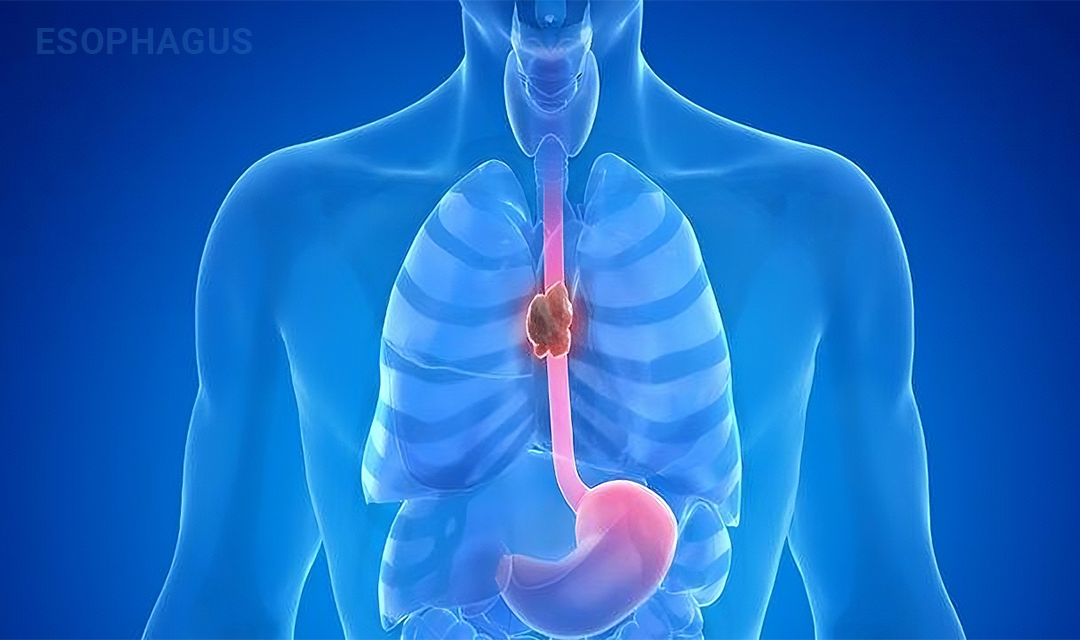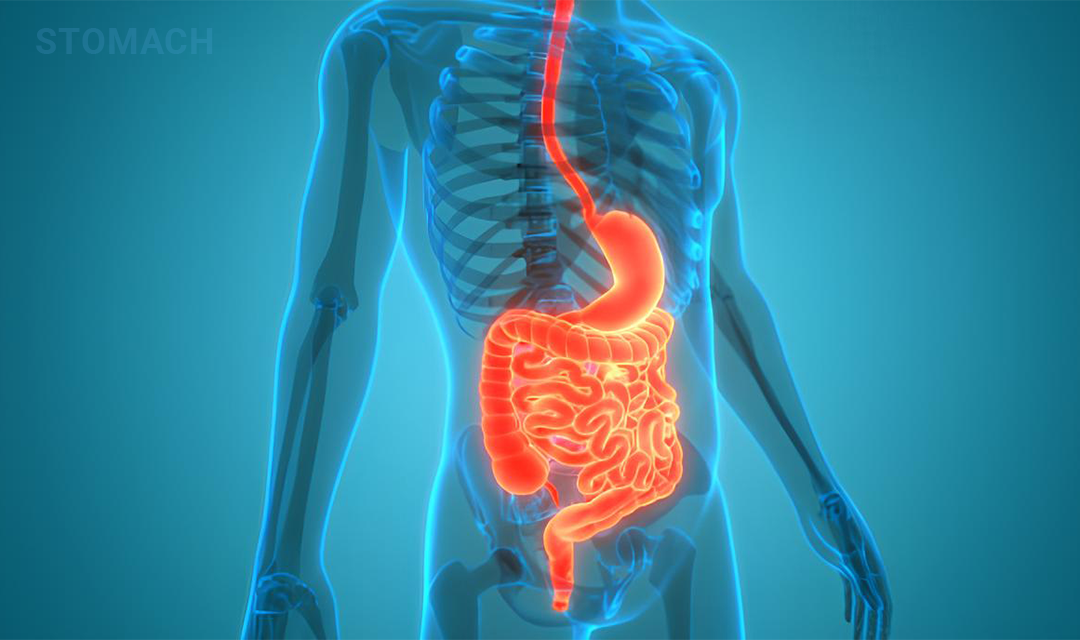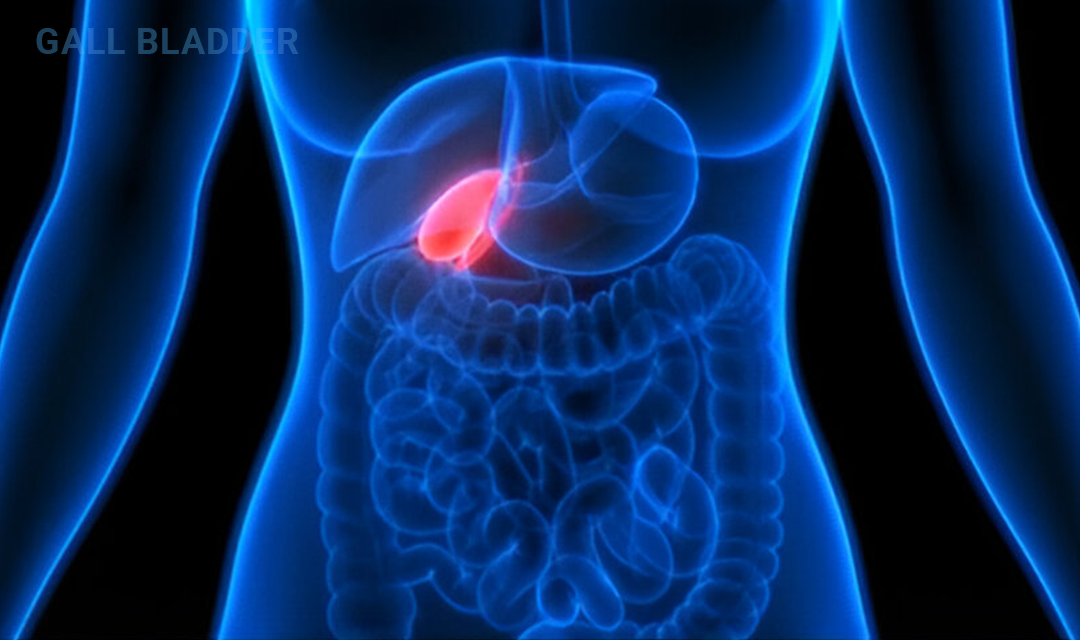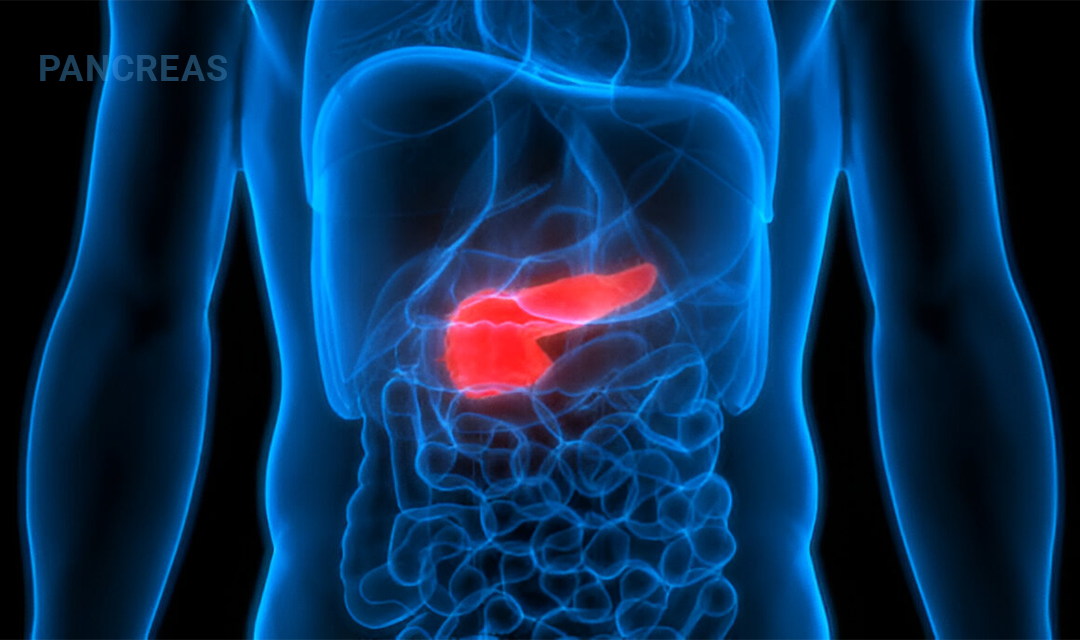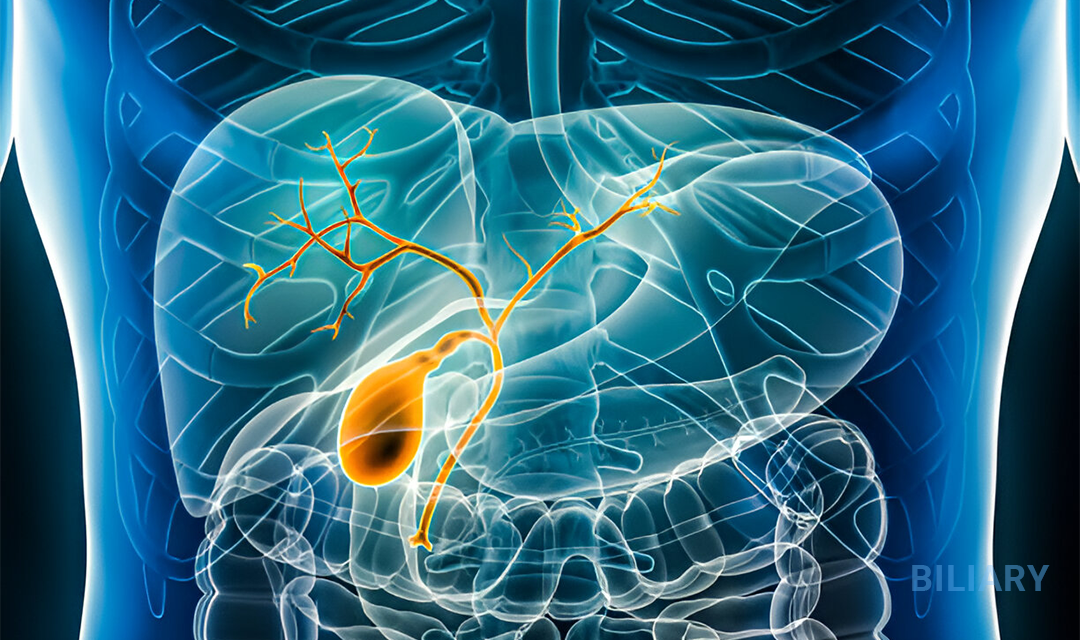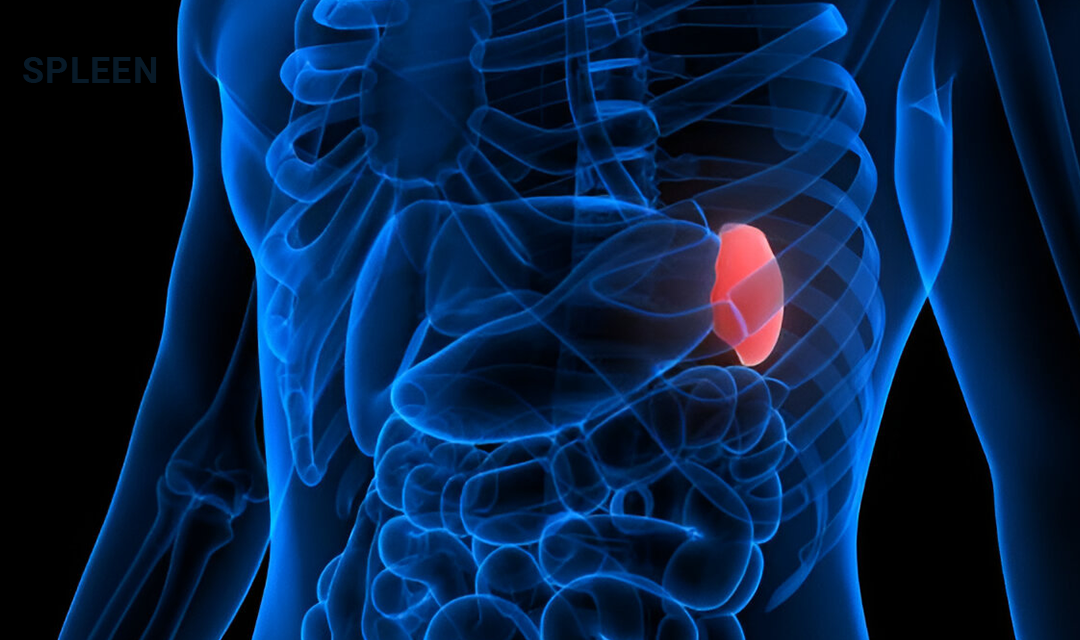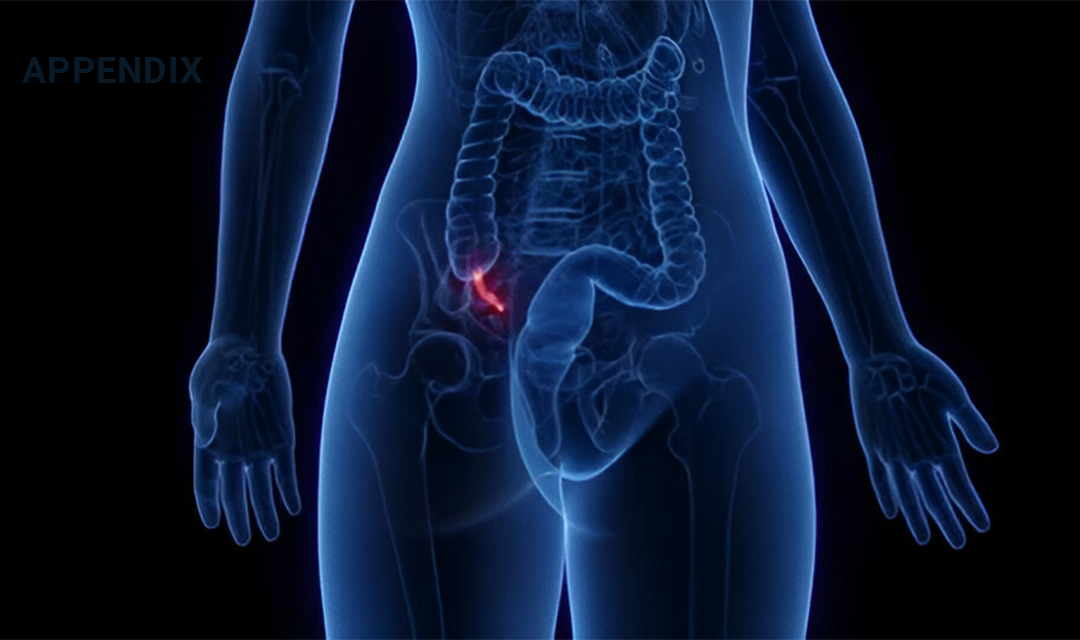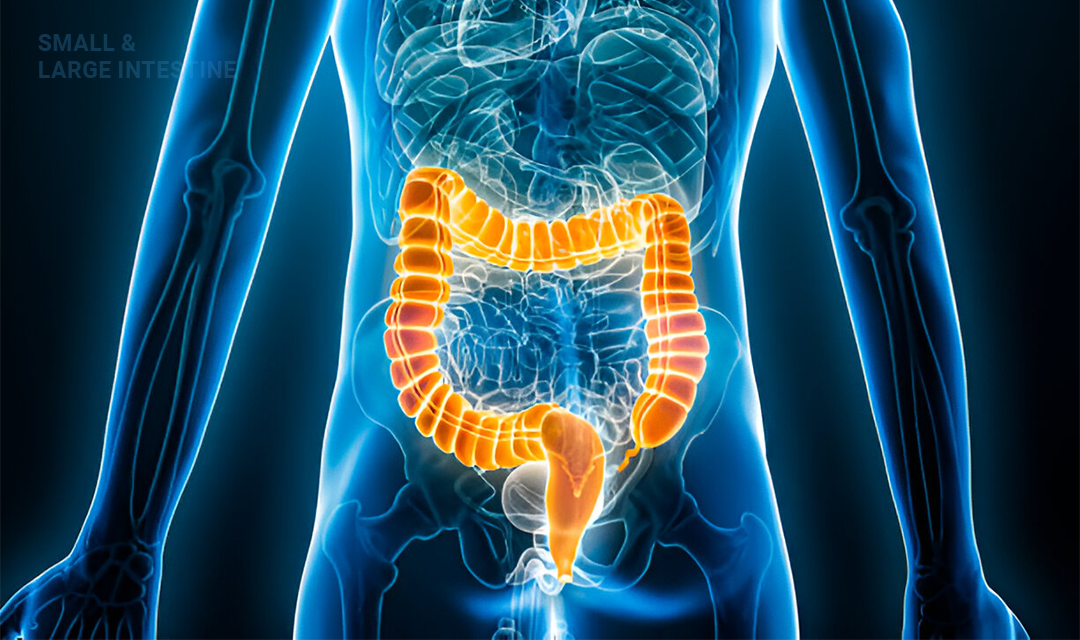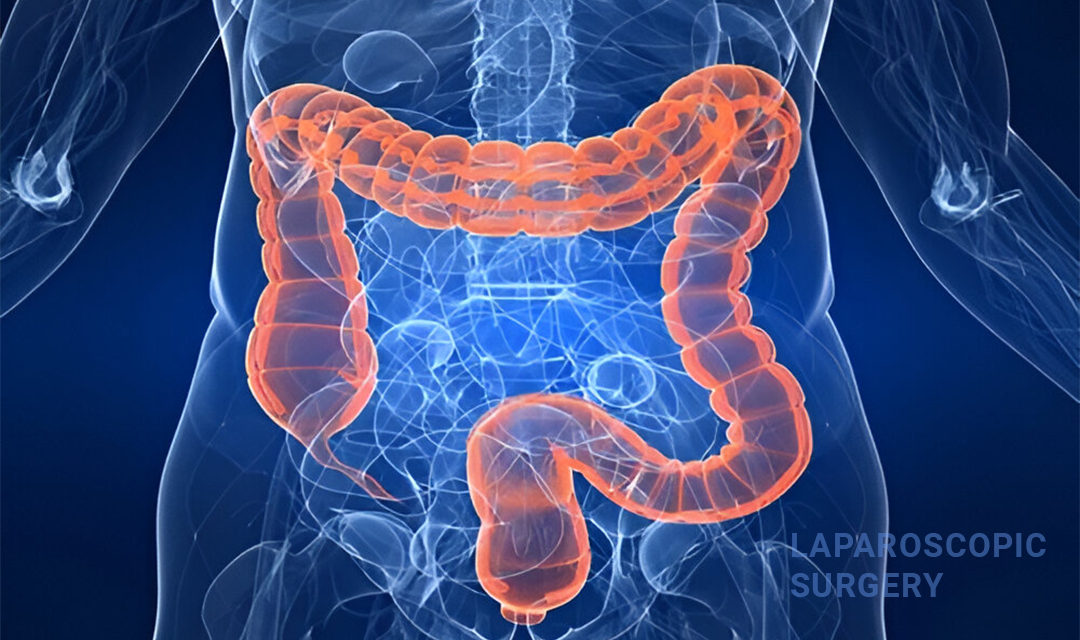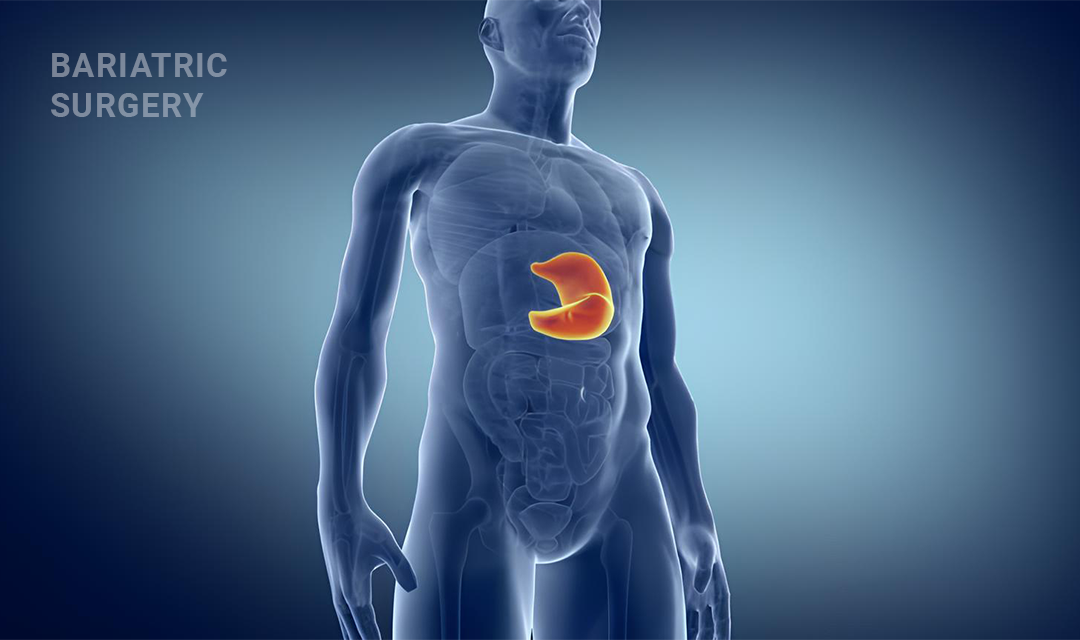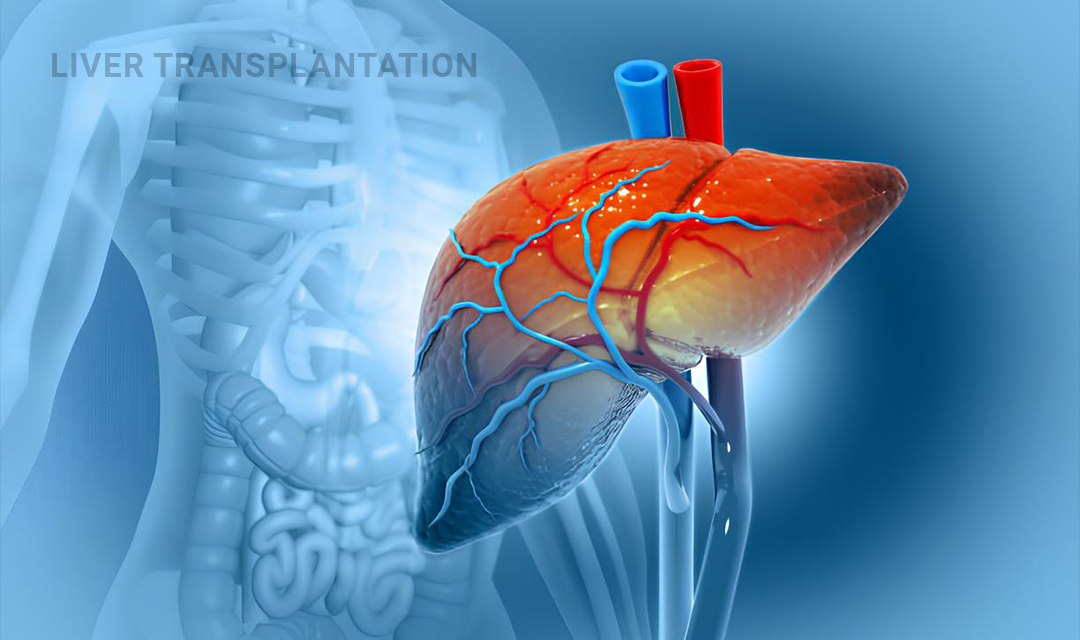
Liver Transplantation in Guntur - Dr. Varun
What is Liver Transplantation?
Liver transplantation is a surgical procedure where a diseased or failing liver is replaced with a healthy liver from a donor. This procedure is typically considered for individuals with end-stage liver disease or acute liver failure when other treatments are no longer effective.
How Liver Transplantation Works
-
Pre-Transplant Evaluation:
- Assessment: Comprehensive evaluation including blood tests, imaging studies (such as ultrasound, CT scans, or MRI), liver biopsy, and sometimes additional tests to assess overall health.
- Listing: If deemed suitable, the patient is placed on a liver transplant waiting list. The urgency of the transplant depends on the severity of liver disease and other health factors.
-
Donor Liver:
- Types: Liver transplants can use livers from living donors (where a portion of the liver is donated by a living person) or deceased donors (where the entire liver is donated from a deceased individual).
- Matching: The donor liver is matched to the recipient based on factors such as blood type, size, and other medical criteria.
-
Surgical Procedure:
- Anesthesia: The patient is placed under general anesthesia.
- Incision: A large incision is made in the abdomen to access the liver.
- Removal: The diseased liver is carefully removed.
- Transplantation: The donor liver is placed in the abdomen and connected to the blood vessels and bile ducts.
- Closure: The incision is closed with stitches or staples, and the patient is moved to the recovery area.
-
Post-Transplant Care:
- ICU: The patient is monitored in the intensive care unit (ICU) for a few days.
- Immunosuppressants: Medications are prescribed to prevent the body from rejecting the new liver.
- Follow-Up: Regular follow-up appointments to monitor liver function, medication levels, and overall health.
Advantages of Liver Transplantation
- Improved Liver Function: Restores normal liver function and can be life-saving for individuals with end-stage liver disease.
- Enhanced Quality of Life: Many patients experience significant improvements in their overall health and quality of life.
- Long-Term Survival: Offers a chance for long-term survival and a healthier future.
Eligibility for Liver Transplantation
- End-Stage Liver Disease: For individuals with severe liver disease who have no other treatment options.
- Acute Liver Failure: For patients with sudden liver failure not caused by chronic disease.
- Health Assessment: Patients must undergo a thorough health evaluation to determine suitability for transplantation.

“Dr. Varun provides expert care in liver transplantation, offering advanced surgical techniques and comprehensive support for patients with liver disease.”
How Liver Transplantation Works
- Pre-Transplant Evaluation: A comprehensive assessment including blood tests, imaging studies (ultrasound, CT scans, or MRI), liver biopsy, and additional tests to evaluate overall health.
- Donor Liver: Can come from living donors (partial liver) or deceased donors (whole liver). Matching is based on blood type, size, and other medical criteria.
- Surgical Procedure: Under general anesthesia, the diseased liver is removed and replaced with the donor liver, which is then connected to the blood vessels and bile ducts.
- Post-Transplant Care: Includes ICU monitoring, immunosuppressant medications to prevent rejection, and regular follow-up appointments to check liver function and overall health.
Indications for Liver Transplantation
- Chronic Liver Disease: Conditions like cirrhosis, hepatitis B or C, alcoholic liver disease, or non-alcoholic fatty liver disease (NAFLD).
- Acute Liver Failure: Sudden loss of liver function due to causes such as viral hepatitis, drug overdose, or toxins.
- Liver Cancer: For cancers confined to the liver with specific criteria met for transplantation.
Risks and Complications
- Rejection: The immune system may attack the new liver, leading to acute or chronic rejection.
- Infection: Increased risk due to immunosuppressant medications.
- Bleeding: Potential for significant bleeding during or after surgery.
- Bile Duct Complications: Issues with bile duct connection or bile leakage.
- Organ Dysfunction: Risk of the new liver not functioning properly or affecting other organs.
- Medication Side Effects: Long-term immunosuppressants can lead to kidney damage or high blood pressure.
Recovery and Aftercare
- Hospital Stay: Typically 1 to 2 weeks, depending on recovery progress.
- Lifestyle Changes: Adherence to a healthy diet, regular exercise, and avoiding alcohol are crucial.
- Medication Adherence: Lifelong use of immunosuppressants and other medications to manage side effects.
- Regular Monitoring: Ongoing follow-up visits for blood tests, imaging studies, and liver function tests.
Frequently Asked Questions (FAQs)
Happy Healing Stories

“Dr. Varun’s expertise in liver transplantation was evident throughout my procedure. His thorough care and attention led to a successful transplant and a smooth recovery.”
- Amit Patel
- Relieved Patient

“Thanks to Dr. Varun’s skillful approach, my liver transplant was successful. His dedicated care ensured a quick recovery and improved quality of life.”
- Meera Reddy
- Grateful Patient
